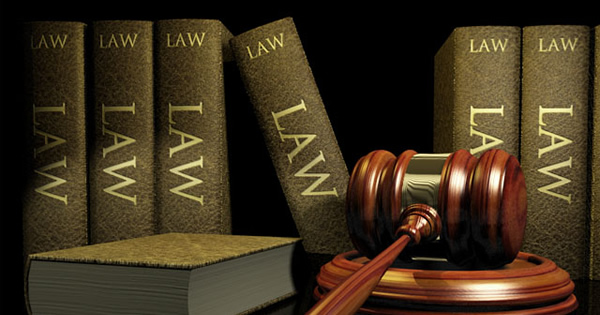Plaintiff clients brought a malpractice action against defendant attorneys for damages. The Superior Court of Santa Clara County (California) entered judgment for the attorneys. The clients appealed.
The clients employed the attorneys to prepare a note and chattel mortgage in connection with a loan. When the debtors bankrupted, the clients became unsecured creditors because the chattel mortgage had not been acknowledged and recorded. The attorneys argued that they were not negligent, that they did not act as attorneys for the clients, San Diego ADA lawyer and that the clients were barred from recovery by contributory negligence. The court concluded that the trial court correctly found that (1) the attorneys were negligent, (2) they were acting as attorneys for the clients, and (3) contributory negligence was a viable defense in an attorney malpractice action, however, the clients were not contributorily negligent. The court found that the clients employed the attorneys to perform a specific legal service, that they negligently failed to do so, and that the clients should not be barred from recovery solely because of their failure to perform the very acts for which they employed the attorneys.
The court reversed the trial court’s judgment for the attorneys. The case was remanded with directions that the trial court determine the amount that the clients could have recovered in the bankruptcy action and deduct that amount from the damages to which they would otherwise be entitled and enter judgment for the clients in the amount of damages so determined.
Appellant contractor sought review of a judgment from the Superior Court of Santa Clara County (California), which, in a jury trial, awarded damages to respondent city for breach of the covenant of good faith and fair dealing and awarded statutory penalties to the city under the Subletting and Subcontracting Fair Practices Act, Pub. Contract Code, § 4100 et seq., and the California False Claims Act, Gov. Code, § 12651.
The city withheld part of the retention amount for a construction project that was delayed. The contractor sued, claiming that the plans and specifications were deficient. The city filed a cross-complaint alleging that the contractor was not diligent, improperly substituted subcontractors, and submitted pay requests for incomplete work. The court held that the trial court did not have jurisdiction to impose penalties under Pub. Contract Code, § 4110, for improper substitution of subcontractors because § 4110 gave the awarding authority, but not the courts, discretion to impose such penalties. The evidence was insufficient to support the damages awarded for breach of the covenant of good faith; however, the error was harmless because that amount was subtracted from the judgment. The trial court did not abuse its discretion under Code Civ. Proc., § 473, by allowing the city, after new documents came to light, to amend the cross-complaint to allege false claims. Instructions based on the language of Gov. Code, §§ 12650, 12651, did not mislead the jury. An award of attorney fees under Pub. Contract Code, § 7107, subd. (f), reflected a reasonable allocation under Civ. Code, § 1717.
The court affirmed the judgment as modified to strike the penalty for violation of the Subletting and Subcontracting Fair Practices Act.



